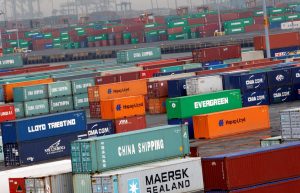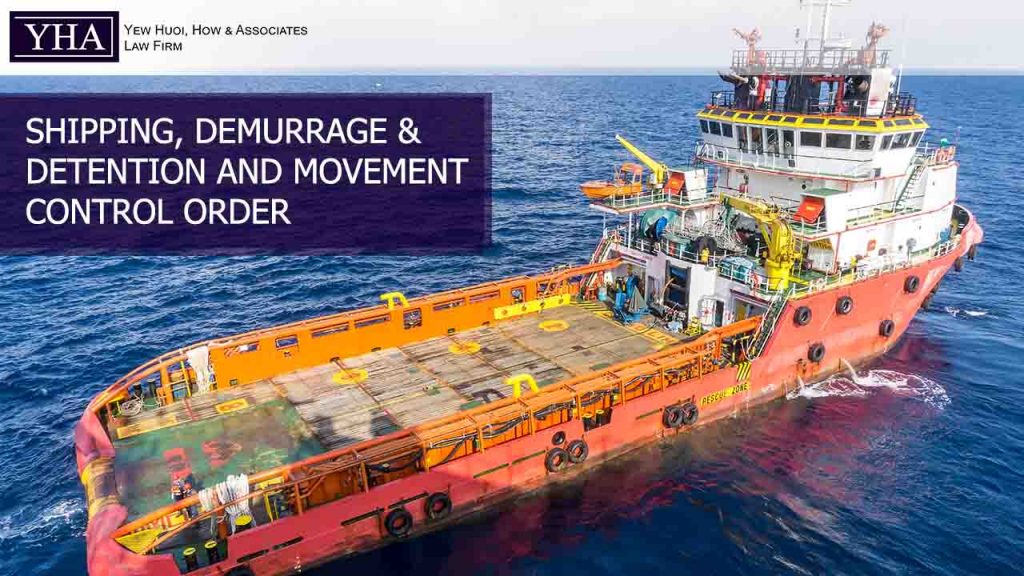“I have shipped goods from overseas. The carrier arrived during Covid-19 pandemic. Movement Control Order (“MCO”) was implemented. There was ambiguous exemptions and restriction with no clear instruction to enforcement agencies. Movement of non-essential goods was restricted. I was unable to collect my goods from the carrier/warehouse/port. Carrier levied demurrage or detention charges on my goods. “

Does frustration apply?
Frustration does not apply
Section 57 of the Contracts Act 1950 (“CA 1950”) renders a frustrated agreement void. One of the 3 important elements of frustration is that alleged frustrating event “must be such that renders it radically different from that which was undertaken by the contract”. The MCO does not radically alters the salient feature of most contracts of carriage. However, there could be exceptional situation where time of delivery is of the essence for certain types of cargo
Does force majeure apply?
Force majeure only applies if there is such clause in the contract of carriage.
Sample force majeure clause
| “No party shall be liable to the other for any failure to fulfill any terms of the agreement if such fulfillment is delayed,hindered or prevented by force majuere including but not limited to Acts of God strikes lockouts riots civil commotion epidemics acts of war or failure to obtain any necessary approval of any local or other appropriate authority or any other circumstances of whatsoever nature beyond the control of the party”.
“Neither party shall be deemed in breach of the Agreement as a result of, or be liable to the others for, any failure, omission or delay in its performance in whole or in part of any of the terms or conditions of the Agreement . . . if such failure, omission or delay arises or results from any cause reasonably beyond, or to be treated as reasonably beyond, the control of that party (any such event being hereafter referred to as ‘Force Majeure’).” |
|---|
Force majeure applies when delay to vessel (which allows carrier to levy demurrage or detention) was beyond the control of the shipper/consignee.
The MCO which began on 18 March 2020 has gazetted “transport by land, water or air” as essential service. However, the lack of coordination of enforcement agencies has resulted in movement of goods perceived to be non-essential restricted without approval from Ministry of International Trade and Industry (“MITI”). The lack of coordination is evidenced by reports of containers piling up at ports and warehouses. It is for this reason we are of the view that the pandemic, MCO and lack of coordination of enforcement agencies during the initial stage of MCO (which has caused delay to collection of cargo from port/vessel/warehouse) is beyond the control of the shipper/consignee. Force majeure would apply. Carrier is not allowed to levy demurrage or detention.

